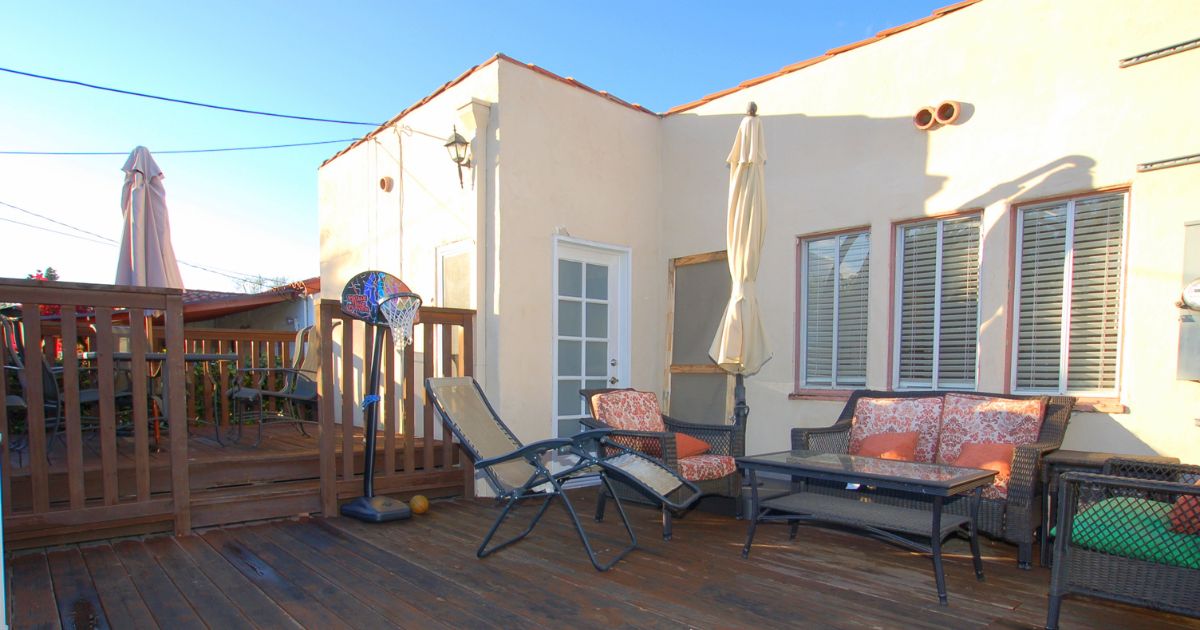Buy-now-pay-later services have become so ubiquitous that BNPL may as well just be another way to say ‘debt.’ But in Mexico, where BNPL platform Aplazo operates, a large underbanked population makes BNPL more like an alternative to cash.
The four-year-old Mexican fintech startup facilitates fractionated payments to offline and online merchants even when the buyer doesn’t have a credit card.
To the end users, Aplazo offers a virtual card that lets them buy now and pay later in many stores. A recent $45 million Series B round led by QED Investors should help it further expand its reach, both virtual and physical.
While BNPL is often associated with online merchants, e-commerce is still limited in Mexico, and Aplazo says that in-store transactions account for more than half of its business. Offering this option is a way for stores to increase sales and loyalty, and it seems to work: The company reports its revenue tripled in the past year.
Mike Packer, the partner in charge of Latin America at QED, highlighted Aplazo’s progress to date in a conversation with TechCrunch. “There’s a huge competitive advantage in the network and product that they built. They’ve been able to have lots and lots of transactions, a significant amount of data, relationships with almost 10,000 merchants… All of that continues to compound over time.”
The company has also been able to use data and technology to limit credit loss despite its growth, Aplazo CEO Angel Peña told TechCrunch. “The entire organization has AI embedded in your DNA and it’s something that [brought] tremendous efficiency in the last year. For context, we’ve cut our delinquency rates by half while [during] the same period, we’ve more than 3x’d the business. That was definitely possible because of our ability to use AI to underwrite each transaction.”
Unlike in the U.S, Aplazo can’t always rely on credit history; according to the company, 40% of its users don’t have any. This makes Mexico difficult to enter for international BNPL players, even when they have a strong market position in other countries, as Affirm or Klarna do.
However, Aplazo does have competitors in Mexico, such as fellow BNPL provider Kueski, which recently partnered with Amazon. Others, such as Colombian account-to-account payments startup Fintoc, are taking a different approach, but with the same goal of reducing transaction fees and friction for merchants.
For Aplazo, BNPL sounds more like a means to an end, a stepping stone for grander fintech ambitions.
“Our vision is to become the preferred payment method in Mexico; and because of our position in the market, where we’re serving underserved users and working with underserved merchants, we see a lot of opportunity to broaden the relationship with both merchants and consumers to create more value to them,” Peña said.
However, the company is growing cautiously, and claims to be near cash-flow breakeven in the last couple of months with a steady headcount of 130 people. “We are very conscious about the efficiency of the company,” Peña said.
This is also in line with what VCs want to see these days, and likely explains why Aplazo managed to raise a large round and increase its valuation despite the current context.
Brazilian VC Andre Maciel, whose firm Volpe Capital participated in the round as a new investor, judged in a statement that “Aplazo’s growth profile and unit economics not only make the company stand out among all other peers we have seen in the region but also comfortably position the company for self-funded growth going forward.”
Existing investors Oak HC/FT, Kaszek and Picus Capital also participated in the round, which comes in addition to bridge funding the company raised since its $27 million Series A in 2021. In total, the company has secured $100 million in equity and $75 million in committed debt.


























































